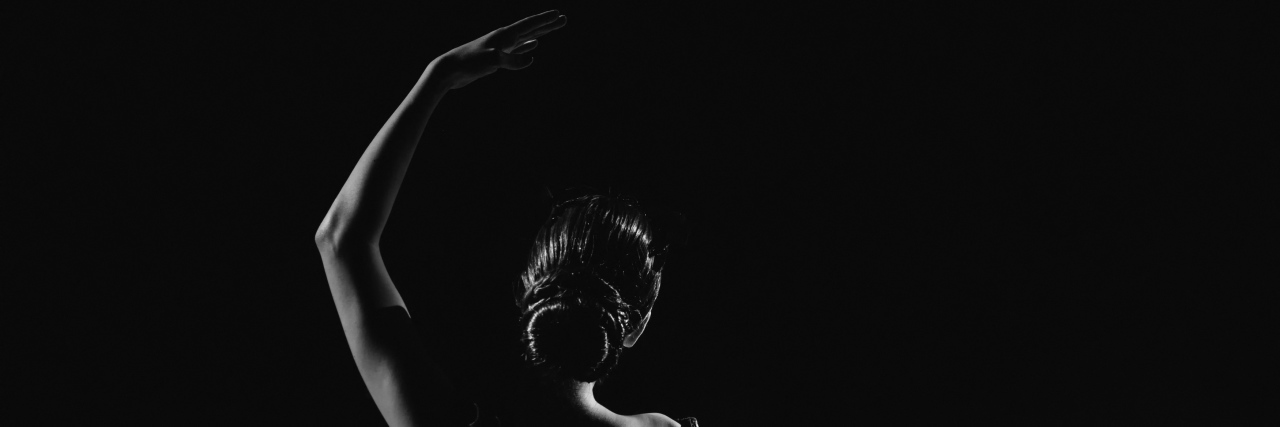When it comes to communication as people with disabilities, I think we hide a lot of things from the community around us as a way of being nice. I’m a professional contemporary dancer and I choreographed a solo for myself in January about how society views people with disabilities.
I have been left out, left behind, bullied and forgotten by the people around me. I have also been singled out and I’ve had people try to be isolate me from my friends solely because of my disabilities. Our society often puts us in a box and forgets about us and our needs as humans. My solo is called “In My Room,” and I named it that because I spent many nights in my room crying growing up. In this dance, I lose my balance and I fall, I punch myself in the face (symbolically) to show the reality of having athetoid cerebral palsy, but every single time I fall I get back up and keep going. The big moment as this dance progresses happens as I am alone in my room, isolated. In the end I get a phone call from someone I dance with and they ask if I’m coming to rehearsal. I say “yes, I’m on my way,” we say our goodbyes and hang up. I grab my dance bag, my phone, my keys — a huge statement within itself, and I leave.
Human beings want that in our lives. We want people to call and ask if we’ll be joining them somewhere. When I say I’ve been singled out because of my disability, I mean that people who don’t talk to me much send me stuff about CP and say “this made me think of you!” I find that insulting, because it seems like they identify me as cerebral palsy, but I’m not. I’m Kelcie. I’m a professional dancer, I’m a dreamer, I’m a photographer, I’m a writer, I’m smart and determined. I am not my disability, but do I tell people that? Or do I tell strangers I’m not deaf when they try to be nice and raise their voice at me, or tell them I don’t have an intellectual disability when they talk to me like a child? No, because those things might come across as rude. Maybe we should be “rude,” though. If it educates people, why not?
If we’re trying to raise awareness and advocate for others, who says we have to be concerned about offending people? Maybe it’s the only way they will understand and change. By all means be nice, but are we being honest and changing the world for future generations if we worry about how people will think of us afterwards if we speak the truth? I don’t know about you, but I’m honestly tired of being nice to people that don’t get what they’re actually doing while trying to be nice.
Getty image by Bortnikau.

